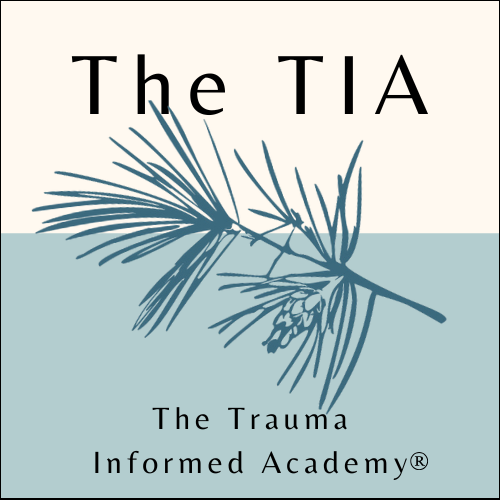One Source. Many Sectors. Real Tools for Overwhelming Times.
The Trauma Informed Academy provides education, coaching, and consulting to clients in behavioral and mental healthcare, education, medical facilities and wherever people gather.
We focus on three topics: Trauma-Responsive Emotional Intelligence (TR-EQ), resilience, and coping with change. Our work builds on Trauma Responsive Emotional Intelligence and Organization Development.
In environments where anything can happen, we help improve morale, sturdiness, resilience, health and organizational outcomes.
Shift happens one interaction at a time. Start now.




COUNSELORS
TRAINING DEPT. | INDIVIDUALS
HEALTHCARE
EDUCATORS
Lower Acuity. Lessen Stress.
Increase Healing.
Less Drama.
Higher EQ.
Better culture.
More Ease.
Less Conflict.
Better Care.
Higher Grades.
Better Behavior.
Happier Staff.
Useful as staff training and after-care.
Supporting QRTP and other certifications.
Whatever the environment, proactive skills reduce stress and the risk of conflict.
Trauma Responsive Emotional Intelligence.
Deliver patient care that helps deescalate stress, conflict and anxiety for staff and patients.
Meets LTC requirements for F699 training.
Deliver learning that supports students, teachers, and the community--and that is trauma informed, as well as based in neuroscience.

BEHAVIORAL / MENTAL HEALTH AGENCIES
Lower Acuity. Lessen Stress.
Increase Healing.
Useful as staff training and after-care.
Supporting QRTP and other certifications.

HEALTHCARE ORGANIZATIONS
More Ease.
Less Conflict.
Better Care.
Deliver patient care that helps deescalate stress, conflict and anxiety for staff and patients.
Meets LTC requirements for F699 training.

SCHOOLS / TEACHERS / SPECIAL ED
Higher Grades.
Better Behavior.
Happier Staff.
Deliver learning that supports students, teachers, and the community--and that is trauma informed, as well as based in neuroscience.

AGENCIES / INDIVIDUALS
Less Drama.
Higher EQ.
Better culture.
Whatever the environment, proactive skills reduce stress and the risk of conflict.
Trauma Responsive Emotional Intelligence.

“We’re surrounded by overwhelming experiences at every turn,
from natural disasters to genocide, trafficking, medical crises abuse, accidents, war, and more. The impact on health, learning,
and earnings is profound.
Whether it’s trauma with a ‘big T’ or a ‘little t’,
becoming trauma-responsive is the
most important movement of our time.”
Elizabeth Power, M.Ed. Founder, The Trauma-Informed Academy ™
